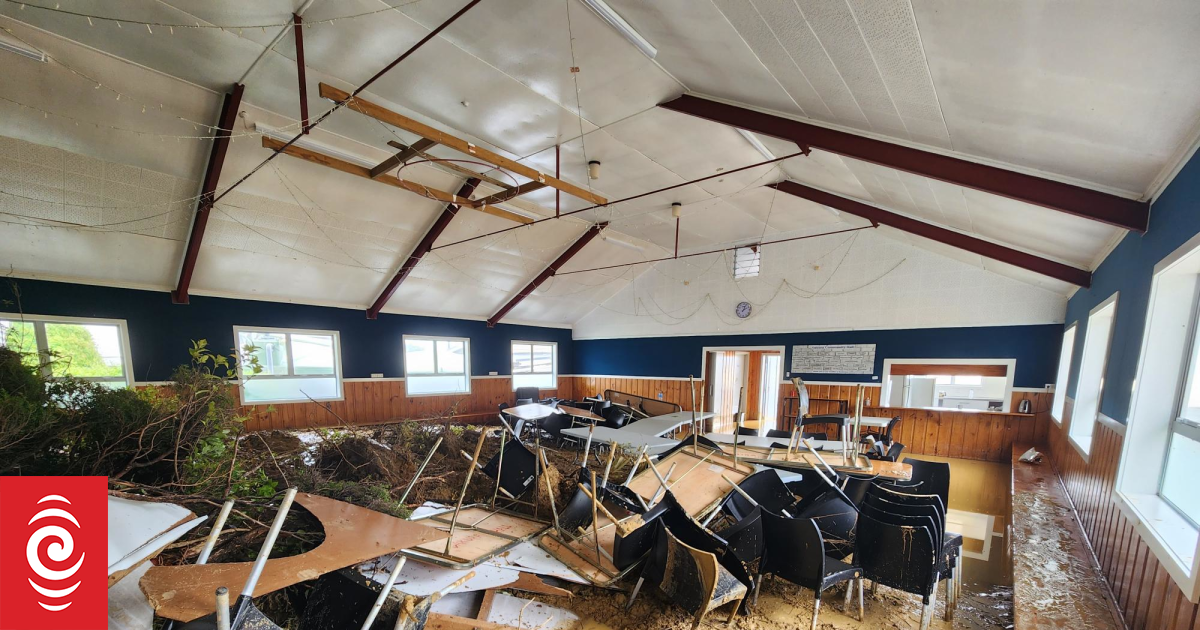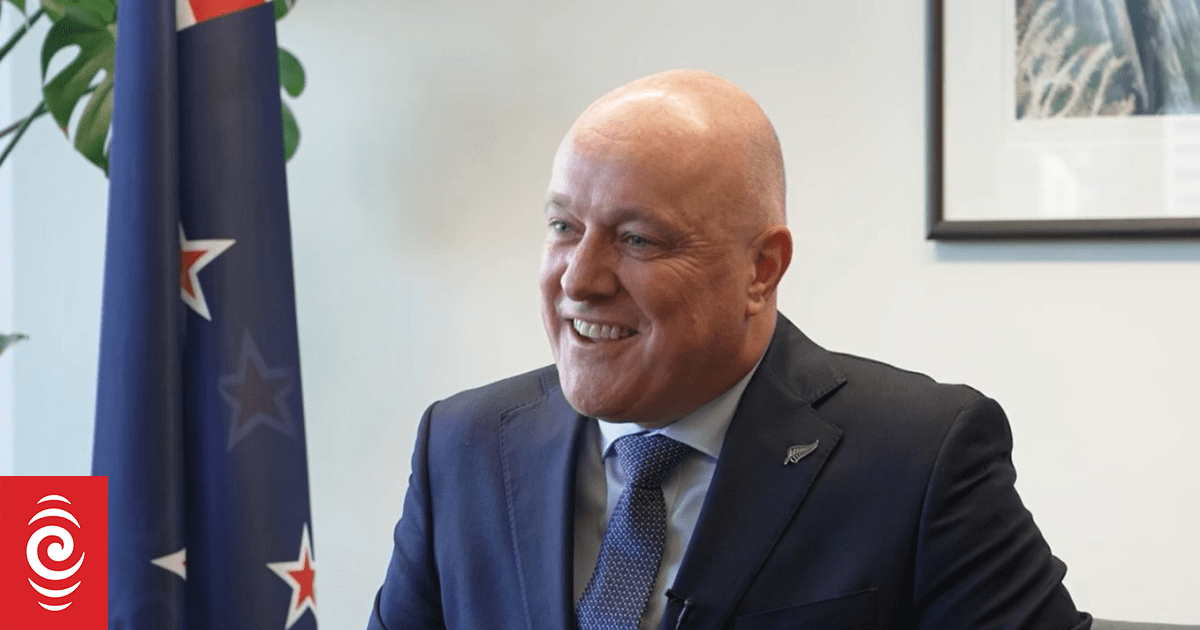unsplash
The longitudial study Growing up in New Zealand analysed how rangatahi feel about the networks in their lives.
No matter what, rangatahi are finding the support they need in their lives, new research suggests.
Longitudinal study Growing Up in New Zealand – involving about 4400 12-year-olds and their whānau – investigated who rangatahi are in relationship with, whether it’s the parents, peers, caregivers or other special adults like grandparents or teachers.
Researchers said most rangatahi in the survey cohort had could rely on trusted people in their lives, and that if one area of support was lacking, another was stronger.
“Young people are able to draw from multiple sources of support,” researchers said.
READ MORE:
* Clarke Gayford says daughter Neve ‘told him off’ over fifth birthday cake effort
* Do you really need seven types of friends?
* Verity Johnson: The case for never putting your partner online
Lead researcher from the University of Auckland Dr Rebecca Evans said the study has produced evidence for something that has been suspected for a long time.
“It’s lovely, actually. It supports things we already had an idea of, but we didn’t have any evidence to suggest that these are the networks young people are counting on.
“From there we can use that information to support initiatives such as youth mentoring programmes, and there are really amazing initiatives already in place.
“For us to provide evidence to say yes, people are relying on others like teachers to support them, that’s a cool thing.”
123rf
The findings support an idea researchers had but didn’t yet have evidence for.
Evans, who is a Research Fellow in Social and Community Health, said knowing how important adults are to rangatahi means community programmes and initiatives supporting those relationships may be better placed to ask for funding.
Policy writers too should be paying close attention, Evans said.
Other researchers analysing the findings of the latest tranche of data from the Growing Up in New Zealand study (Now We Are Twelve) found positive parent-child relationships were protective factors for children when it came to the Covid-19 pandemic.
And positive teacher-student relationships were found to have positive associations with how well students engage at school.
“There were very, very small numbers of children that had no or only one strong relationship. That was quite a positive finding,” Evans said.
The research suggests material hardship affects parent-child relationships badly, possibly because experiencing poverty may make it harder to create strong relationships.
Parents might be working multiple jobs, or night shifts and unable to be with their tamariki, so more financial help for home could improve the situation, researchers said.
Vonecia Carswell
Rangatahi find the support they need where they can get it, new research suggests
Other people make a big contribution too – 32% of rangatahi said they could rely on a teacher they knew for support, and nearly 13% said a coach.
So how do rangatahi relationships stack up? Researchers asked the cohort a series of questions and asked them to rank their response on a scale from “almost always true” to “almost never true.”
Parents/caregivers
- Nearly all rangatahi trust their parents – 93.8% said they “almost always” or “often” trust them, and 63.6% said they could talk to them if they had a problem. Even more – 71.6% said they could count on their parents when they had a problem.
- Māori, Pasifika and Asian rangatahi had slightly less close relationships to their parents compared to their Pāhekā peers, but not by much.
- When it comes to gender, trans and non-binary rangatahi were much less likely to report close relationships with their parents. Between cisgender rangatahi, boys reported slightly stronger relationships than girls.
- Rangatahi living in highly deprived areas had less trust and communication with their parents than those in other areas.
Peers
- Nearly 88% of rangatahi said they “almost always” or “often” trusted their friends and felt they were good friends.
- When asked if their friends encourage them to talk about difficulties, or if their friends ask them about what is bothering them, about 42% of rangatahi said that was “almost never true.”
- Cisgender girls reported stronger relationships with friends than cisgender boys, while transgender and non-binary rangatahi reported the least strong relationships.
- Pasifika rangatahi reported the strongest relationships when compared to their Pāhekā peers.
- The researchers found “no significant differences” between the rangatahi when comparing their household size or the deprivation level of their region. “This indicates that young people living in a diverse range of households and contexts experienced relationships with their friends and peers in similar ways.”
Special adults
- Almost half the cohort agreed they had a special adult who wasn’t their parent in their lives, while a third said they did not and 17% said they did not know.
- Of those who did, they were found to be more likely to be cisgender girls or trans/non-binary rangatahi.
- They were also more likely to be Māori or Pasifika. Asian rangatahi were found less likely than their Pākehā peers to have a special adult in their life.
- Rangatahi living in economically deprived areas were more likely to have a special adult, but their household size or make up didn’t make a difference.




